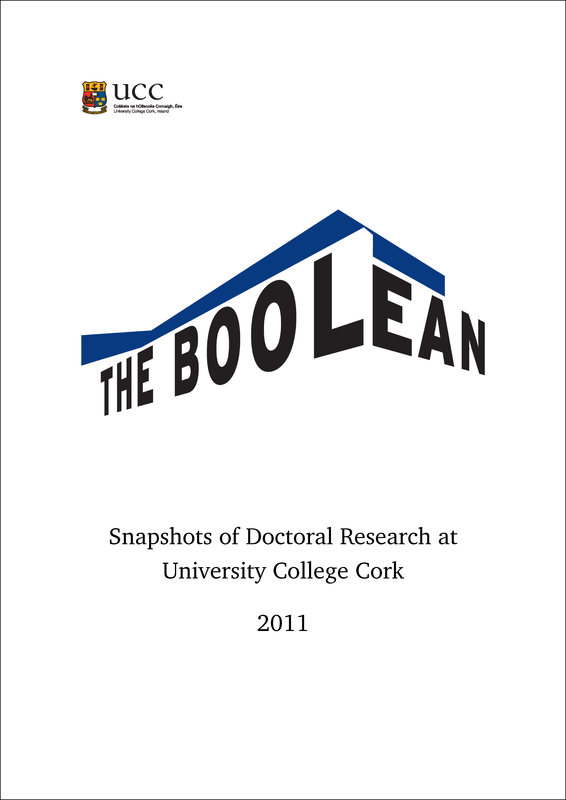Energy efficiency in universities: the need for guidance and a strategic approach
DOI:
https://doi.org/10.33178/boolean.2011.35Abstract
The leaders of many countries are discussing ambitious targets for reducing emissions of greenhouse gases (GHGs) as a means of mitigating the worst impact of climate change on the environment and our economies. In 2007, EU leaders endorsed an integrated approach to climate change and energy policy. They committed Europe to transforming itself into a highly energy-efficient low carbon economy through their 20-20-20 targets, according to the European Commission, Climate Action. These targets are ambitious and consist of: Figure 1, below, shows that the carbon dioxide equivalent of all greenhouse gases (CO2 eq.) from the energy sector is the second greatest contributor of greenhouse gases. This fact creates an opportunity to explored ways to reduce the emissions from the energy sector. However, the methods need to be target the most significant culprits in a cost-effective manner in order to the have maximum affect on the reduction of emissions from the ...References
Published
2011-01-01
Issue
Section
Articles
License
Copyright (c) 2011 the author(s)

This work is licensed under a Creative Commons Attribution-NonCommercial-NoDerivatives 4.0 International License.



